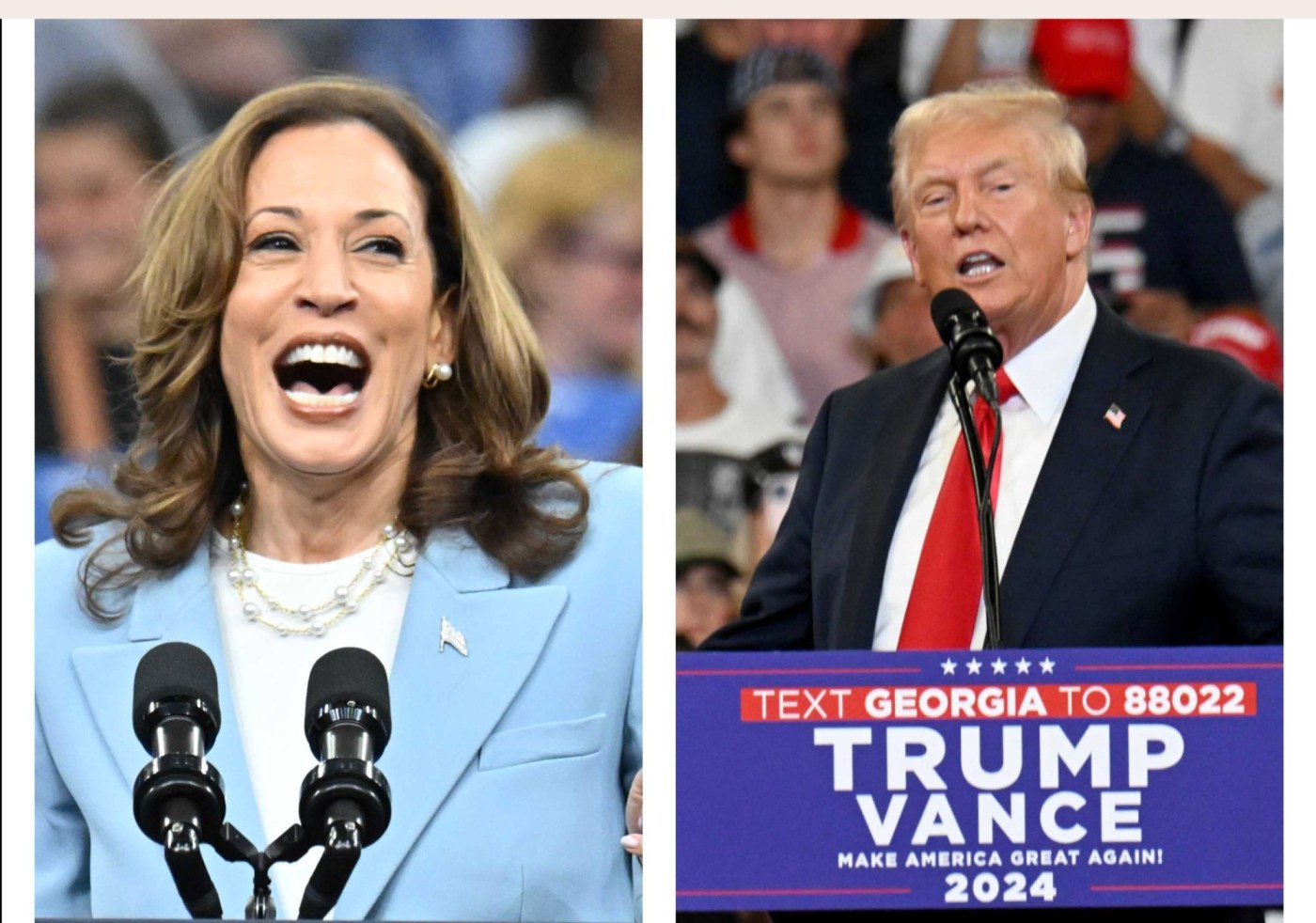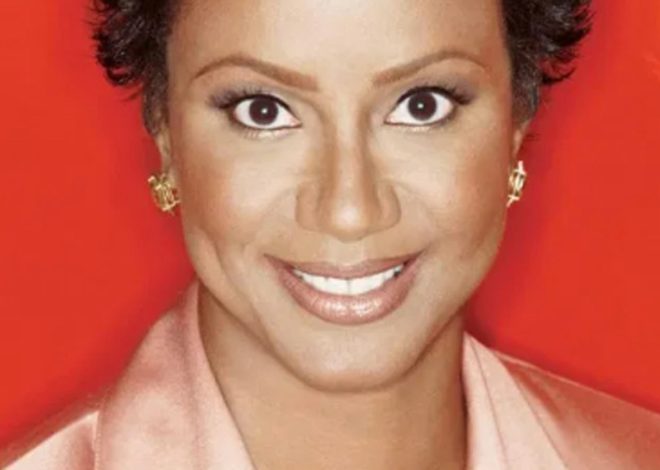
The polls say the presidential election is a dead heat. But online bettors are leaning to Trump. Who’s right?
Richard Chin | (TNS) The Minnesota Star Tribune
According to the prediction market PredictIt, online bettors on the outcome of the U.S. presidential election now seem to feel a Trump victory is more likely.
In the countdown to the 2024 American presidential election, the polls indicate that it’s still a neck-and-neck race.
With two weeks to go, The New York Times said Democratic candidate Kamala Harris and Republican Donald Trump were essentially tied in the battleground states, while national polling averages had Harris leading Trump by only 1%.
The FiveThirtyEight website also had Harris ahead of Trump by less than 2% as of Oct. 24, while an average of polls tracked by RealClearPolitics put Harris ahead by about .02%.
But bettors are telling a different story.
In the past couple of weeks, people who are staking money on the outcome of the election in so-called “prediction markets” are indicating that the momentum is swinging toward Trump.
One market, the New Zealand-based PredictIt, showed that traders betting on the outcome of the election were pricing Trump’s odds at winning at close to 60% in the third week of October.
And the Virtual Tout, an analysis of prediction markets by Northwestern University academic Tom Miller, said the momentum has shifted from early October from a Harris win to a Trump victory, indicating on Oct. 23 that Trump would take 324 electoral votes, well over the needed 270 needed to win.
RealClearPolling.com has a list of some of the places where people can make bets on the presidential race. Prediction markets allow people to buy or sell shares or make bets on a certain outcome and the price of those shares can go up or down depending on what the market thinks will happen.
Prediction markets have been gaining attention recently as an alternative to polls to forecast the outcome of an election.
Which are right? The polls or the prediction markets?
To get some answers, we talked with Jaideep Srivastava, a University of Minnesota professor of computer science and engineering and an expert in data science who has an interest in prediction markets. He shares some of his insights in an interview, which has been edited for space and clarity.
Q: What is a prediction market?
A: So, a prediction market is market where people are placing bets. They are placing bets on an outcome like who will win the presidential election. And just like sports betting, the payout keeps changing.
Q: How does a prediction market compare with polls in forecasting who will win the election?
A: Polls are much more scientifically conducted. There’s a representative sample. The pollsters, they try to do as good a job as they can. Individual polls might be biased. But there are polls of polls, or aggregation of polls, that eliminates the biases.
Now prediction markets, they are very limited in scope. Participation in it is self-decided. It is not a uniform sample, or a random sample of the population. Secondly, some of these markets are open for betting from anywhere in the world, so you don’t even know which sample you’re getting. Finally, because you can bet more money, you can move the market.
Q: A recent article in the Wall Street Journal about a crypto-based prediction market, Polymarket, made it look like Trump had a 62% chance of winning. CNBC reported that a single trader from France was moving the market by betting more than $28 million that Trump would win. Can prediction markets be manipulated?
A: One person with a lot of money can swing the prediction markets while polling is not sensitive to that, because polling is one person, one opinion, right?
Q: And someone is willing to risk that sort of money on a prediction market because they think it can affect the outcome of an election?
A: I’m noticing that a lot more attention is being paid to prediction markets than ever before, which means that how someone is doing on the prediction market could potentially become a factor in the election. If people feel “My player is doing well,” or “My team is doing well,” that can enthuse some group of supporters and depress the other side.
Related Articles
Nebraska uses a unique method to find election workers: It drafts them
Election threats persist four years after far-right extremists stormed the US Capitol
Ballot drop box fires highlight concerns that election conspiracy theories are making them a target
Strava gives away locations of Biden, Trump and Harris, newspaper says
House District 14 candidates Swalwell, Kruttiventi walk a fine line on immigration issues
Q: What is your bottom-line advice for someone who is a news consumer, a voter, citizen, election follower? Should I be preparing myself for a Trump win because the prediction markets are leaning that way?
A: I would say two things. One is: Go out and vote. Whoever you prefer, go out and vote based on your own fundamentals, what you believe is best for the country, for the society, for yourself. Go and vote for your candidate. Don’t sit at home. Don’t be depressed.
Do the prediction markets know something or not? Maybe they do. Maybe they don’t. They are biased and subject to manipulation, much more than individual public opinion. It is possible for some interested large bet to move the markets.
Polls are a good measure of what the population is thinking, but prediction markets are a reflection of what those who are participating in the market are thinking — and potentially wish to happen.
_____
©2024 The Minnesota Star Tribune. Visit at startribune.com. Distributed by Tribune Content Agency, LLC.


